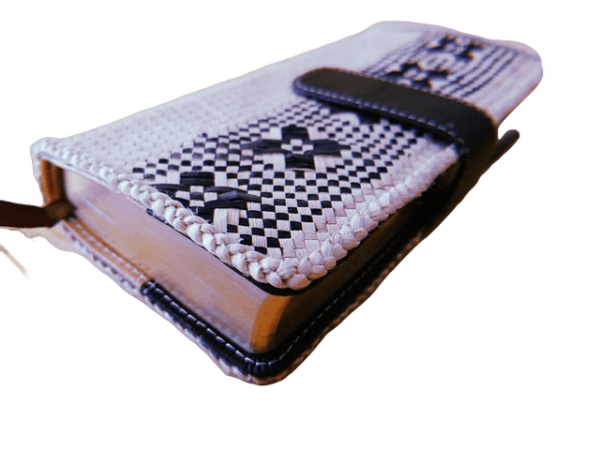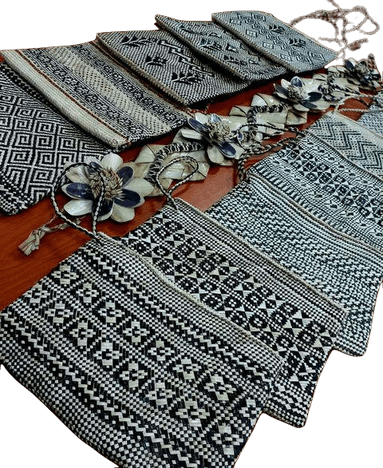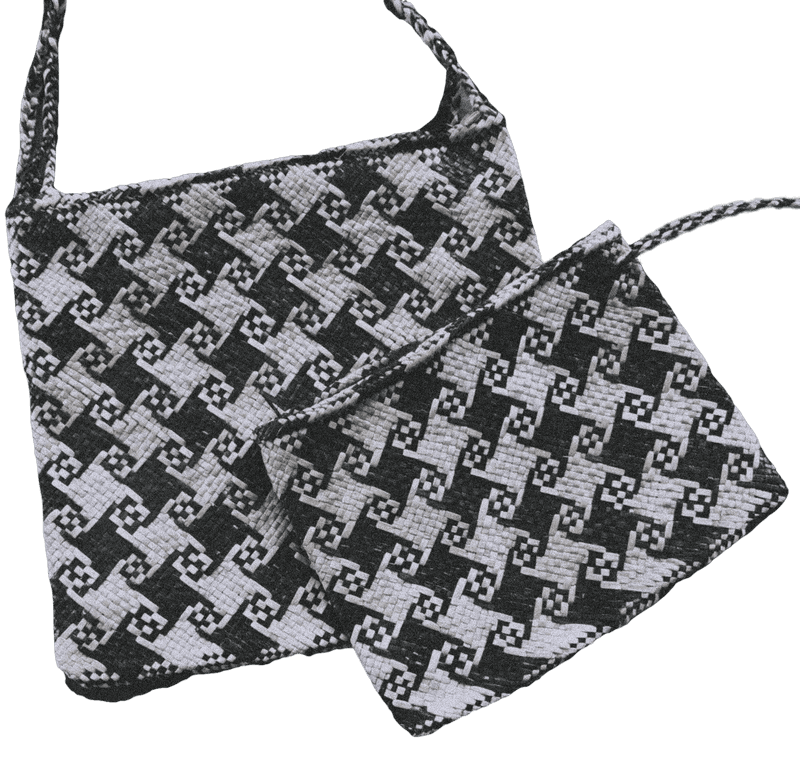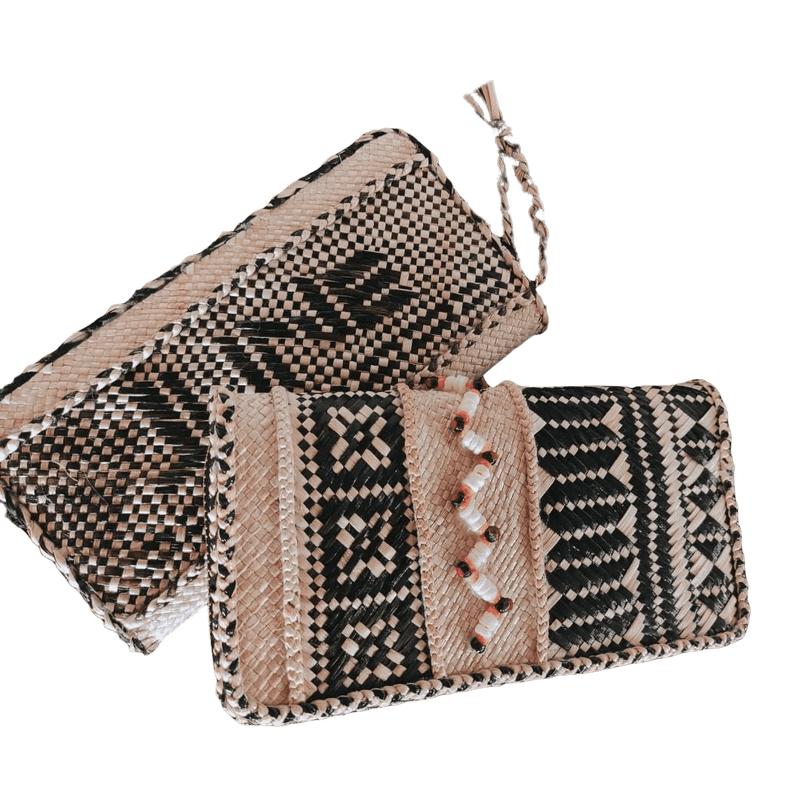A shift to weaving craft with some modern touch brings out the creativity of the art that attracts a wider market in an industry that is slow to attract public interest.
Art and craft is a field that is of the least interest in a young person. But this is different for Linley Hatiah, the co-founder of Strivers, a business that was established in 2019 to boost the weaving and craft market.
“A lot of young people are not interested in art and craft. But I am into art and craft. I feel the need to carry this forward because if the young generation has no interest in it, over time, we will lose this art.”
Coming from the Renbel Province that is well known for its fine weaving, Linley said that the main purpose of establishing Strivers is to help the women of Renbel have an avenue to sell their bags and mats.
She highlighted that although weaving still have a place in our culture, it is not every day that people buy baskets or mats.

Following discussions with her Mum and an Aunty in finding ways to create market opportunities for women of Renbel Province in the weaving craft, Linley started exploring ideas to help in boosting their sales.
They discussed ways to help the declining market to sell bags and mats.
“The idea of doing contemporary art came to my mind. I wanted to recreate stuff that are more marketable like phone covers, photo frames, home and office decors that are derived from woven crafts”.
Linley shared the idea with her Mum and Aunty, but at first, they did not agree to the proposed concept.
“However, I was convinced it will work and that it will be marketable. I was determined to try a sample.”
Linley worked on her first sample and saw a lot of positive reactions online when she posted the photo on Facebook.

“I was excited as this could be an opportunity for our women. This is something I am proud of doing. I am probably the first person in the country and Pacific as a whole to merge traditional to modern stuff like phone covers. Think how many people own phones. We don’t need to make thousands, we only need a fraction of the market. Preferably, the young working woman category.”
Growing up, Linley had to experience hardship over the separation of her parents at a very young age.
“My Mum and Dad divorced when I was young and I lived with my Mum. She is the person who inspires me so much. I feel grateful to my family for the upbringing I had. My hardships motivated me to do things better.”
Linley highlighted that the most challenging time for Strivers was during covid and the aftermath with a drop in business.

“We struggled because there were no customers and we knew it was also tough for them. It was a challenging time for us.”
Another challenge is the high cost of purchasing products.
“Pandanus leaves are farmed in the island (Bellona) and have to be sent over. That means a lot of our women depend on weavers back home (Bellona) for pandanus leaves. That adds to the time and cost of production.”
It is an ongoing challenge and Strivers hopes that women in Honiara will be able to plant their own pandanus farm so that their products can be bought and sold at a competitive price point. This will make it attractive and hopefully gather further interest in the art of weaving.
Linley adds, “A small pandanus garden or farm in Honiara will allow Strivers to keep purchasing baskets from our women, and recreate them into items that will be marketable to interested buyers or to new customers such as those seeking woven phone covers.”

“For other young people out there, I know that a lot of you have a lot of hidden talents and potential within you. I encourage our young ones who have dreams, and who are gifted in other areas to please know that you can do it.”
Linley urged talented and motivated young people to step out and use their talents to touch lives of people around you. “Build your communities and become a positive change”.
By Nina Tuhaika, YPCM Coordinator









